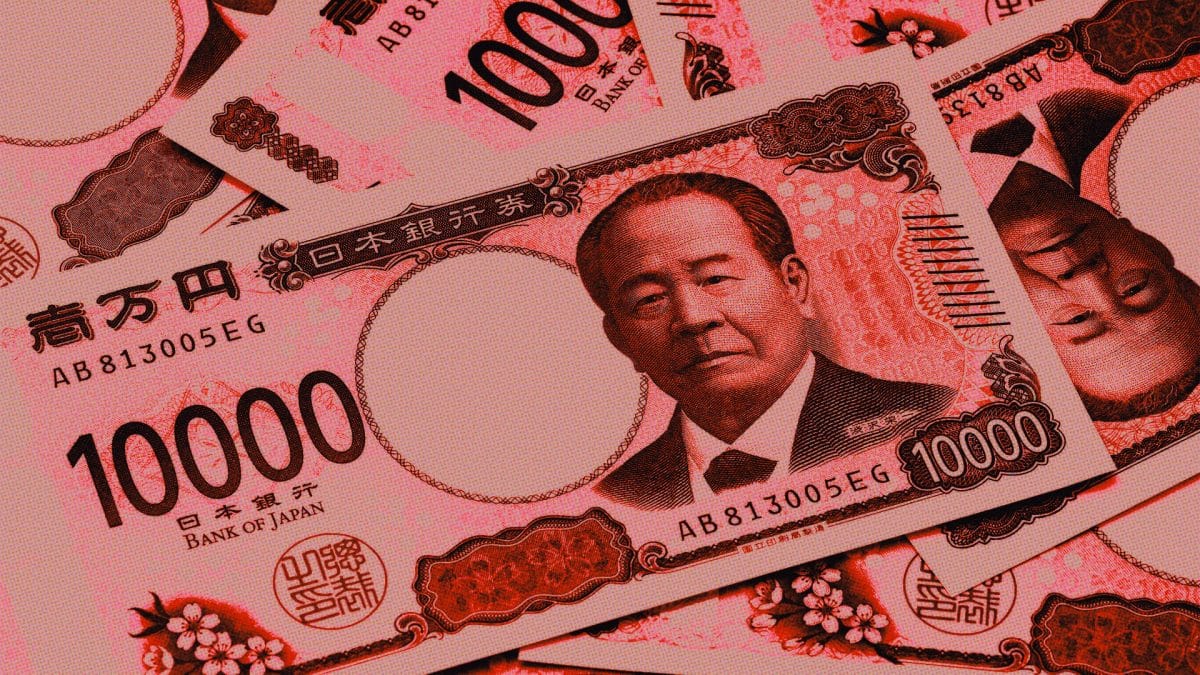For years, crypto enthusiasts in Japan have faced a rather peculiar tax situation. Imagine making a tidy sum on your Bitcoin, only to find it taxed like income from a side gig, not like a stock market gain. This “miscellaneous income” classification meant a progressive tax rate that could climb as high as 55%, before local taxes even entered the picture. It was enough to make even the most dedicated HODLer scratch their head, wondering if the taxman truly understood the digital frontier.
- Japan’s Financial Services Agency (FSA) is proposing a significant review of cryptocurrency taxation, aiming to align it with the treatment of listed stocks. This shift could move crypto gains from a high “miscellaneous income” tax rate to a more favorable classification.
- The proposed changes include creating a separate tax category for crypto gains with a flat 20% rate and introducing a “loss carry-forward” provision, allowing investors to offset future gains with past losses. These reforms are intended to simplify taxation and boost Japan’s crypto industry.
- Furthermore, Japan is working to classify crypto under the Financial Instruments and Exchange Act as a “financial product,” moving away from its current regulation as a “means of payment.” This reclassification, alongside the potential approval of a domestic stablecoin, signals Japan’s ambition to become a leader in the global crypto space.
But change is on the wind, and it’s blowing from some important corners. Japan’s Financial Services Agency (FSA) is stepping up. They plan to ask for a significant review of how the country’s tax code handles cryptocurrencies. This isn’t just a minor tweak; it’s a move to align crypto gains more closely with how listed stocks are treated. The goal, according to a report from the local news outlet Nikkei, is to make things clearer and, frankly, more fair for crypto investors.

A Simpler Tax Horizon
The core of the FSA’s request, expected by the end of August, is to move crypto gains into their own tax category. This new bucket would see a flat 20% tax rate applied. Think about that for a moment. From potentially over half your gains going to taxes, down to a predictable one-fifth. It’s a significant shift, one that could make a real difference to individual investors and companies alike.
Industry players are also pushing for a “loss carry-forward” provision. This means if you lose money on crypto trades in one year, you could use those losses to offset gains in the next three years. It’s a common feature in traditional finance, and its absence in crypto taxation has been a sore point for many. It just makes good sense, really. Why should crypto be treated differently when it comes to managing risk and reward?
This proposed tax reform isn’t just about making life easier for traders. It’s a strategic move by Japan to boost its crypto industry’s standing. The FSA believes these changes will make it simpler for Japanese firms to launch domestic crypto ETFs (Exchange Traded Funds). An ETF, for those unfamiliar, is like a basket of assets you can trade on a stock exchange. Imagine being able to invest in a basket of cryptocurrencies as easily as buying shares in a company. That opens the door to a lot more mainstream investment.
Beyond the tax code, there’s another big change brewing. The FSA is also working on a legislative bill for 2026. This bill aims to bring crypto under the Financial Instruments and Exchange Act, classifying it as a “financial product.” Currently, crypto is regulated under the Payment Services Act as a “means of payment.” This might sound like legal jargon, but it’s a crucial distinction. Treating crypto as a financial product rather than just a way to pay for things gives it more legitimacy and opens up new avenues for regulation and investment.
Stablecoins and Global Ambitions
These tax and classification changes are part of a broader push. The FSA is also set to approve Japan’s first domestically regulated yen-denominated stablecoin, JPYC, this fall. A stablecoin is a type of cryptocurrency designed to maintain a stable value, often by being pegged to a fiat currency like the Japanese yen. Think of it as digital cash that doesn’t swing wildly in price. This is a big step for practical crypto use in Japan.
JPYC, issued by a Tokyo-based fintech company of the same name, has ambitious plans. They aim to issue 1 trillion yen, which is about $6.78 billion, worth of their stablecoin over the next three years. That’s a substantial amount, suggesting a real belief in the potential for stablecoins to integrate into Japan’s economy. It could make everything from international remittances to everyday digital payments smoother.
What does all this tell us about Japan? It signals a clear intention to become a leader, or at least a very strong player, in the global crypto space. While some countries are still grappling with how to regulate digital assets, Japan seems to be moving with purpose. They’re creating a framework that aims for clarity, encourages investment, and fosters innovation. It’s a pragmatic approach, one that acknowledges the reality of crypto’s presence and seeks to harness its potential.
This isn’t just about Japan, of course. When a major economy like Japan makes such definitive moves, other nations take notice. It sets a precedent. It shows that thoughtful regulation can coexist with a thriving digital asset market. For those of us who’ve watched the crypto space evolve, these are the kinds of developments that truly move the needle. It makes you wonder, doesn’t it, what other dominoes might fall in the coming years?

















